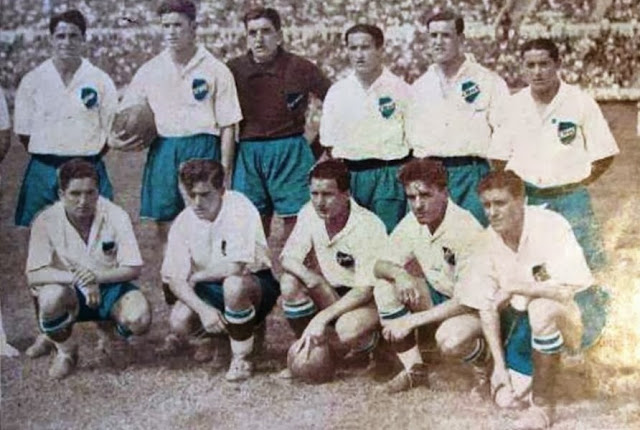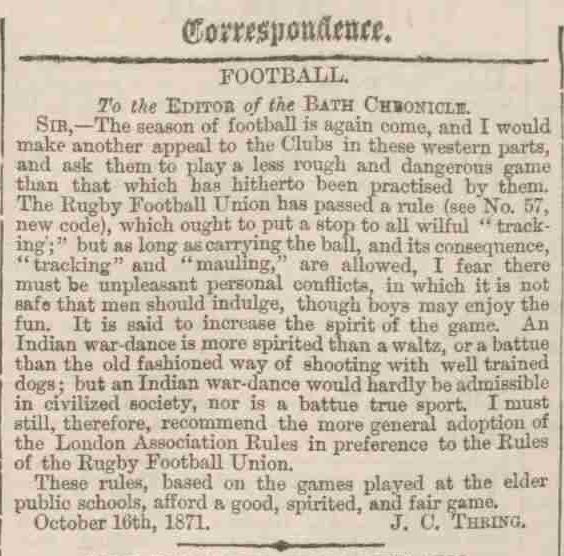Nacional won back to back championships in 1933 & 1934, the team nicknamed La Máquina Blanca.
The 1933 championship concluded (almost) in the notorious El gol de la valija incident
The record of the 2 Championship seasons was:
P | W | D | L | F | A |
27 | 20 | 6 | 1 | 56 | 10 |
27 | 17 | 7 | 3 | 51 | 17 |
Américo Szigeti of Hungary became head coach during the 1933 season.
The players who contributed to La Máquina Blanca were:
GK | Eduardo García |
FB | José Nasazzi Ulises Chifflet Domingos da Guia (Brazil) Juan Brito Juan Ramón Cabrera |
HB | Arsenio Fernández Ricardo Faccio |
Marcelino Pérez
Michele Andreolo (Italy)
Fausto dos Santos (Brazil)
Conduelo Píriz
F Juan Miguel Labraga
Aníbal Ciocca
Rodolpho Barteczko Patesko (Brazil)
Rodolpho Barteczko Patesko (Brazil)
Pedro Cea
Pedro Petrone
Zoilo Saldombide
Santos Urdinarán
Pedro Duhart (France)
Héctor Castro
Enrique Fernández
Eduardo Ithurbide

















